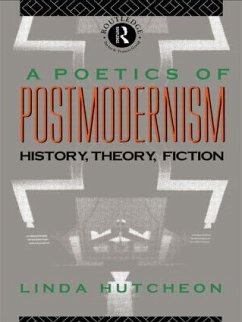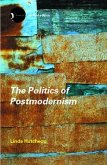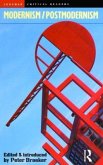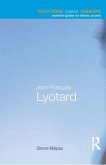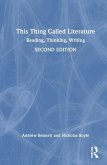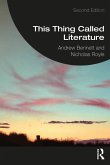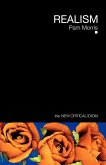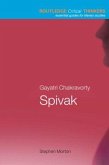First published in 1988. Postmodernism is a word much used and misused in a variety of disciplines, including literature, visual arts, film, architecture, literary theory, history, and philosophy. A Poetics of Postmodernism is neither a defense nor a denunciation of the postmodern. It continues the project of Hutcheon's Narcissistic Narrative and A Theory of Parody in studying formal self-consciousness in art, but adds to this both a historical and ideological dimension. Modelled on postmodern architecture, postmodernism is the name given here to current cultural practices characterized by major paradoxes of form and of ideology. The poetics of postmodernism offered here is drawn from these contradictions, as seen in the intersecting concerns of both contemporary theory and cultural practice.
`A Poetics of Postmodernism is essential reading for anyone interested in current studies of literature, art and "entertainment".' - Geoff Wade, Reviewing Psychology
`Hutcheon's study is a reasoned, controlled and intelligent defence of postmodernist problematizing of history and fiction which should be read by all those interested in the debate centring on the status and value of postmodernist culture.' - Peter Kitson, Notes & Queries
`Hutcheon's study is a reasoned, controlled and intelligent defence of postmodernist problematizing of history and fiction which should be read by all those interested in the debate centring on the status and value of postmodernist culture.' - Peter Kitson, Notes & Queries
`A Poetics of Postmodernism is essential reading for anyone interested in current studies of literature, art and "entertainment".' - Geoff Wade, Reviewing Psychology
`Hutcheon's study is a reasoned, controlled and intelligent defence of postmodernist problematizing of history and fiction which should be read by all those interested in the debate centring on the status and value of postmodernist culture.' - Peter Kitson, Notes & Queries
`Hutcheon's study is a reasoned, controlled and intelligent defence of postmodernist problematizing of history and fiction which should be read by all those interested in the debate centring on the status and value of postmodernist culture.' - Peter Kitson, Notes & Queries

